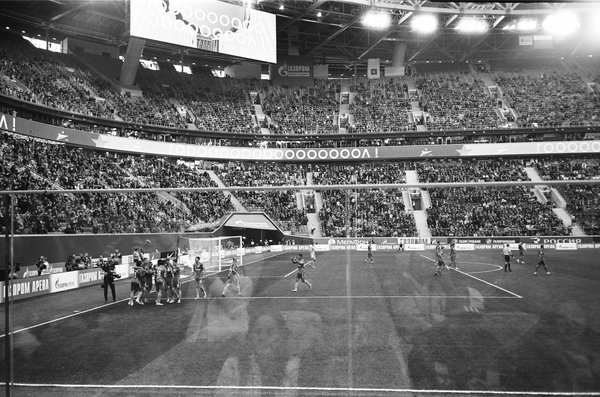Our topics
Explore all our Sport (EN) content
Basket
Basketball, NBA and competitions
Bike
Cycling, mountain biking and road
Combat
Boxing, MMA and martial arts
Fitness
Fitness, training and workouts
Football
Football, Premier League and leagues
Musclation
News
Sports news and results
Other sports
Tennis, swimming and other sports
Latest articles
Our recent publications

Mastering Game-Day Nerves: Top Strategies for UK Basketball Players to Thrive Under Pressure
For UK basketball players, game day can be a daunting experience, filled with high stakes and intens...
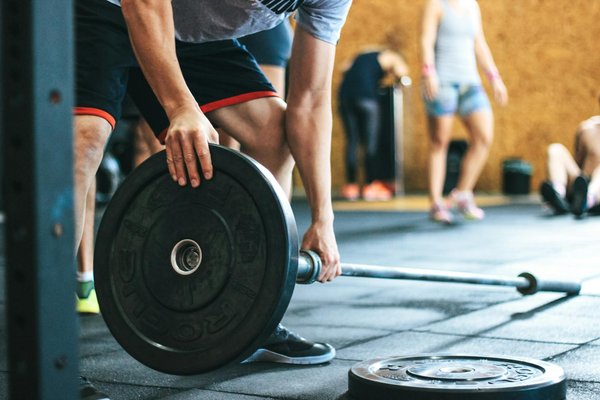
Mastering the court: innovative training strategies for uk basketball players on diverse playing surfaces
Basketball, a sport that has captivated audiences worldwide, has undergone significant transformatio...
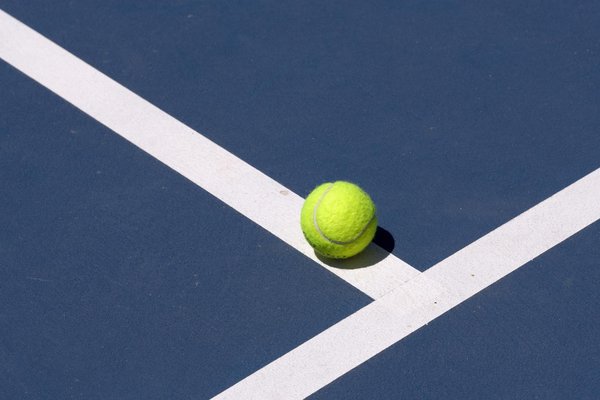
Mastering the Mind: Effective Psychological Techniques for UK Basketball Players to Conquer Performance Anxiety
Performance anxiety, often referred to as the pressure to perform, is a common challenge faced by at...

Boost your sport bike"s visibility: essential lighting tips for navigating foggy uk conditions
Navigating foggy conditions can be particularly daunting for sport bike riders. Reduced visibility l...

Essential Tips for Safely Mounting Action Cameras on Sport Bikes in the UK
Mounting an action camera on your sport bike not only captures thrilling moments but also serves as ...

Explore the UK"s Top Scenic Routes: Ultimate Weekend Escapes for Sport Bike Enthusiasts
In the realm of sport biking, the UK stands out as a premier destination. The biking culture here is...

Essential Conditioning Strategies for UK Fencers to Excel Throughout Prolonged Tournaments
In the realm of fencing, essential conditioning strategies are crucial for elevating performance enh...
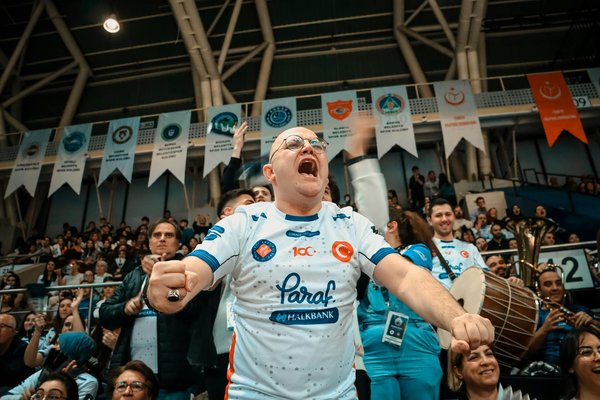
Top Footwork Drills for UK Wrestlers to Master Mat Control and Elevate Performance
Footwork is the foundation of any successful wrestling career. It is the key to controlling the mat,...

Unlocking Success: How UK Boxing Coaches Strategically Employ Periodization for Effective Training Cycles
Periodization is a training methodology that has been a cornerstone of athletic development across v...
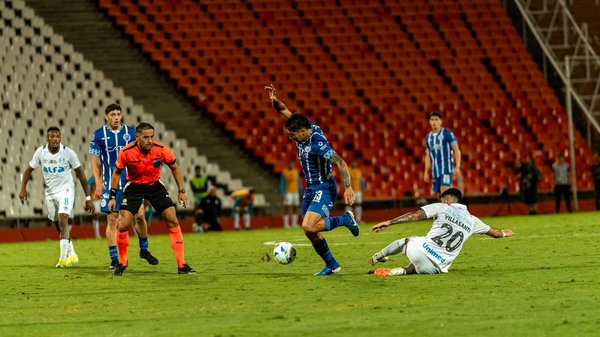
Essential Elements for Crafting an Effective Strength Training Regimen for Sprinters
Strength training is pivotal in enhancing sprint performance through improved speed and power. By fo...
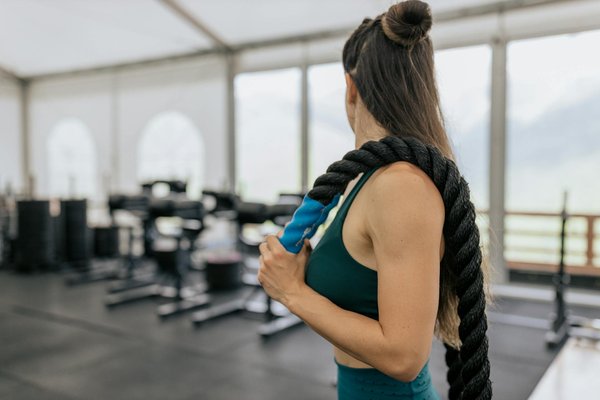
Essential Elements of an Effective Rehabilitation Program for Athletes Healing from Achilles Tendon Injuries
Developing an effective rehabilitation program is crucial for a successful recovery. Fundamental ele...
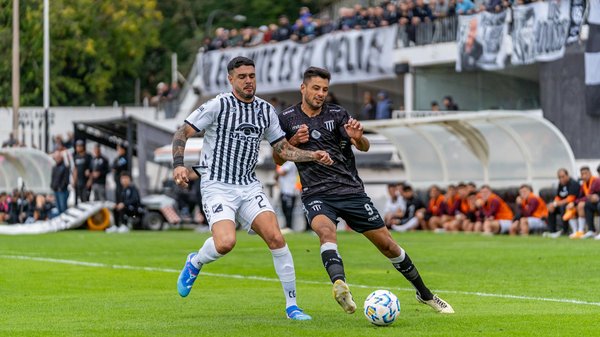
Exploring the Lasting Heart Health Advantages of Consistent Rowing Exercise
Rowing has a rich historical significance as both a sport and an effective fitness modality. Origina...
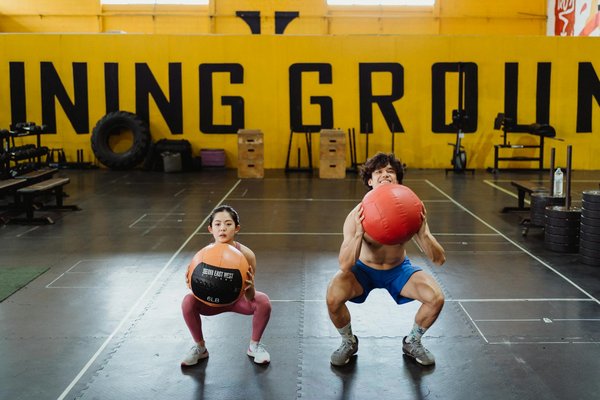
Empowering football clubs: innovative strategies to enhance diversity and inclusivity for a wider fan experience
Diversity in football plays a crucial role in shaping both fan experience and club culture. It bring...

Innovative Turf Technologies Revolutionizing Football Training: What You Need to Know
Innovative turf technologies have revolutionised the way football training is conducted, providing e...

Ultimate Nutrition Guide for Football Goalkeepers: Boost Your Reflexes for Peak Performance
As a football goalkeeper, your role is one of the most demanding on the pitch. You need a combinatio...

How can electrostimulation therapy be integrated into strength training routines?
In the bustling world of fitness and sports performance, new methodologies and technologies are regu...
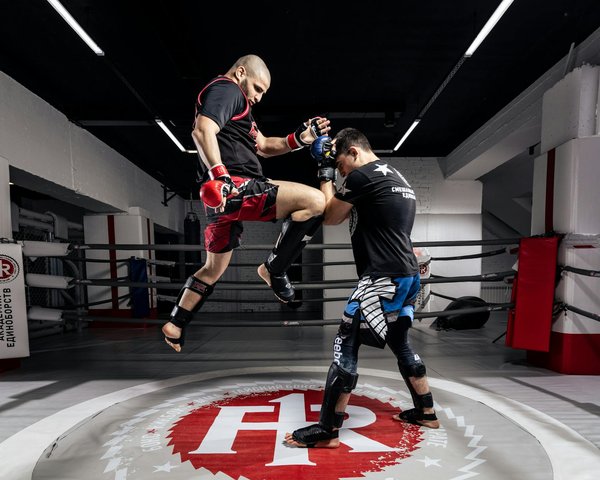
How can psychological stress management techniques improve physical performance in strength athletes?
Stress, a constant companion in our hectic modern lives, impacts us all. From scholars trying to out...

What impact does the type of footwear have on leg muscle activation during cardio workouts?
Running, a popular form of cardiovascular exercise, can greatly benefit heart health and overall fit...

Exploring the Cutting-Edge Sustainable Techniques for UK Sports Turf Management
In the realm of UK sports facility management, implementing sustainable sports turf practices is not...

Top Strategies for UK Sports Teams to Boost Mental Toughness and Resilience
Mental toughness is a crucial component of an athlete's arsenal, particularly in the high-pressure w...
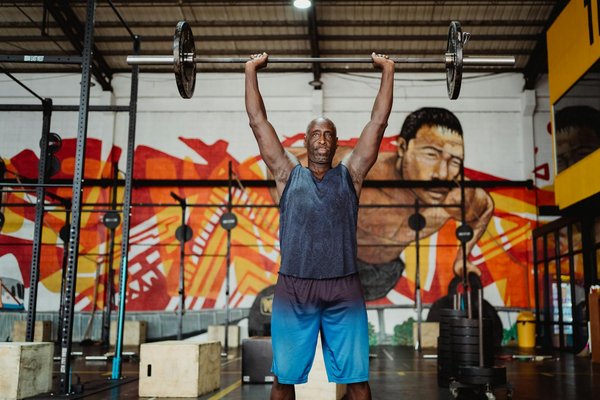
Ultimate Guide: Top Strategies for UK Sports Clubs to Maximize Sponsorship Success
In the UK, sports sponsorship is a vital component of a sports club's financial and strategic planni...

Top Strategies for Evaluating Performance Gains in Competitive Rowing
Competitive rowing is a demanding sport that requires a meticulous approach to training, nutrition, ...

Top Strategies to Stay Hydrated During Outdoor Track Events: Your Ultimate Guide to Preventing Dehydration
Staying hydrated is crucial for athletes, especially during intense outdoor track events. Dehydratio...

Unlocking Mental Strength: Essential Psychological Strategies for Building Resilience in Professional Judo Athletes
When it comes to judo, or any combat sport for that matter, the mental aspect of the game is just as...
Frequently Asked Questions
Are the articles free?
Yes, all our content is freely accessible.
How often do you publish?
We publish several articles each week.
Can I contribute?
Contact us to submit your articles.
How can I stay updated?
Subscribe to our newsletter.
